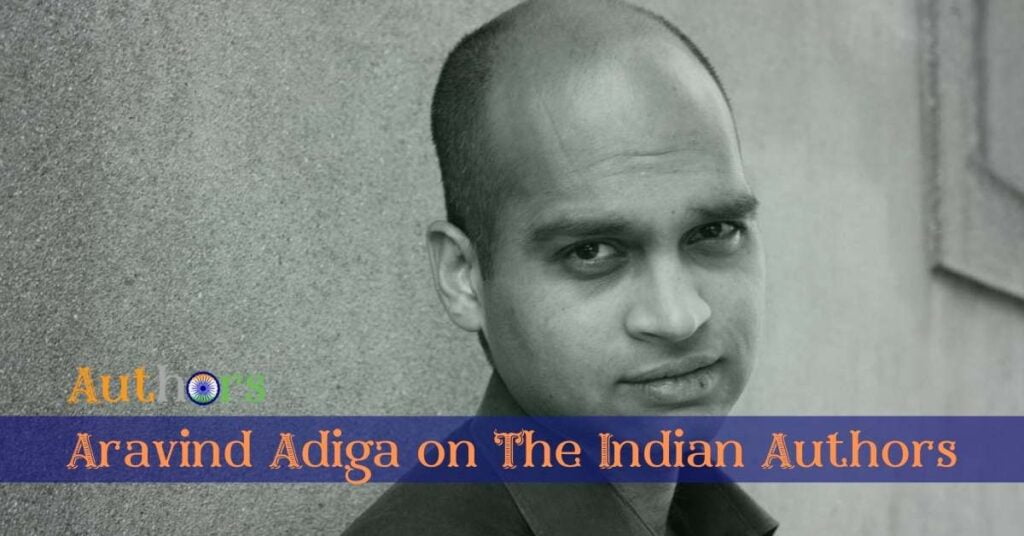An Introduction:
Bhabani Bhattacharya was one of the early English novelists in India who tried to alter the course of fiction writing with his alternative themes other than the conventional and then suitable one – independence struggle and then post-independence chaos. Bhabani Bhattacharya, instead, focused on other issues like rurban-urban divide, east-west divide and other issues related to human life. You can find in his novels various issues being handled and sometimes mishandled as well.

Personal Life:
Bhabani Bhattacharya was born in Bhagalpur (erstwhile Bengal) on 10 November 1906. His initial education was initially held in Patna, Patna University and he got his bachelors degree from there. His later part of education was held in London and got his Doctorate from there. After his return to India, he joined Diplomatic Service and served in the US and later, after his retirement, he also started teaching literature. Meanwhile, amidst all these happening in his life, he also began writing after a quarter of his life passed.
Bhabhani Bhattacharya’s Fiction:
“Art must teach, but unobtrusively, by its vivid interpretations of life. Art must preach, but only by virtue of its being a vehicle of truth. If that is propaganda, there is no need to eschew the word.”
This is what Bhabani Bhattacharya believed that a fiction must possess. His concept of art (in the contracted sense of fiction writing) was inspired by high morals but he could seldom achieve that save one or two of his written novels. M K Naik, the celebrated historian of Indian English Literature believes that Bhabani Bhattacharya suffered ‘a tendency to rest content with presenting too neat and machine-made contrast and to settle for easy romantic solutions’.
However, his best-known novel showed that he could achieve what a good fiction was according to his own perception. So Many Hungers showed that Bhabani’s style and theme and his choice of narrative could not hold back when it was due to unleash them. His novel had realism and a social purpose and social display of what needed to be displayed to the world of readers. However, other novels by him could seldom get the same dignity.
A List of Novels by Bhabani Bhattacharya:
So Many Hungers – 1947
Music for Mohini – 1952
He Who Rides a Tiger – 1952
A Goddess Named Gold – 1960
Shadow from Ladakh – 1966
A Dream in Hawaii – 1978
Notable Awards:
Sahitya Akademi – 1967 (from Shadow from Ladakh)
Concluding Remarks:
Bhabani Bhattacharya earned fame because he tried to display, as a mirror, to the society what we missed as a society and what we had in plenty. His pre and post-independence novels were based on the atrocities that the British did on Indians and his other novels were looking for the East-West encounters that unsettled the lives of human beings in India for a long time. Some of his novels tried to experiment with the themes and plots and some failed while some left the mark.
Bhabani Bhattacharya died in 1988.
Quotes:
“A novel must have a social purpose. It must place before the reader something from the society’s point of view.”
article compiled and written by Amit Mishra




3 Comments. Leave new
Thanks for this amazing introductory article on Bhabani Bhattacharya! I was looking for this one eagerly. Please expand this article as other articles are on this platform. That will be helpful.
He was a different kind of fiction writer. His style of writing was somewhat different than the fiction writer of that time. His novel’s title was also different.
Very informative. It’s to find much about him on the internet. So you are doing a great job by compiling all the information and providing to us.